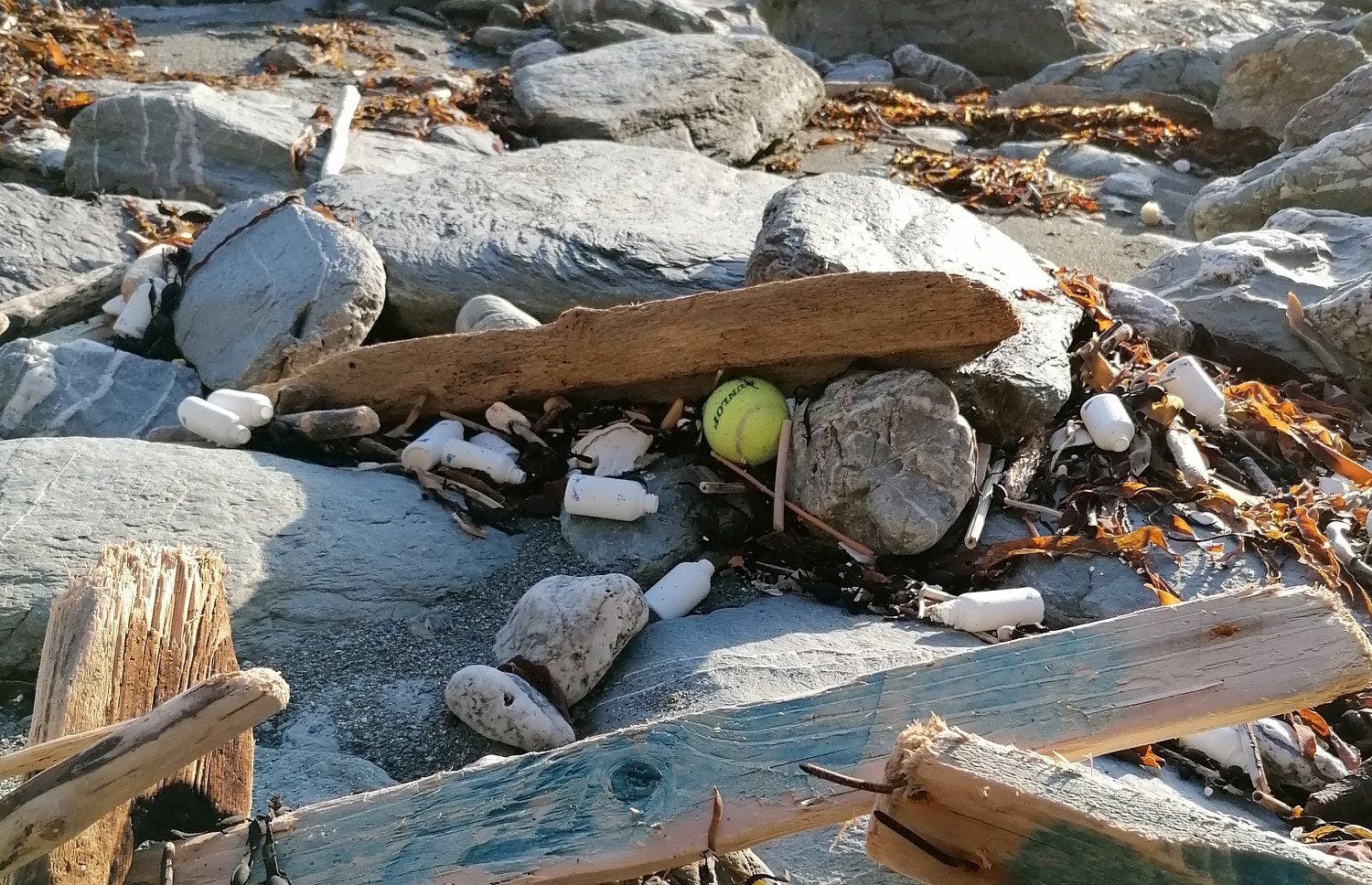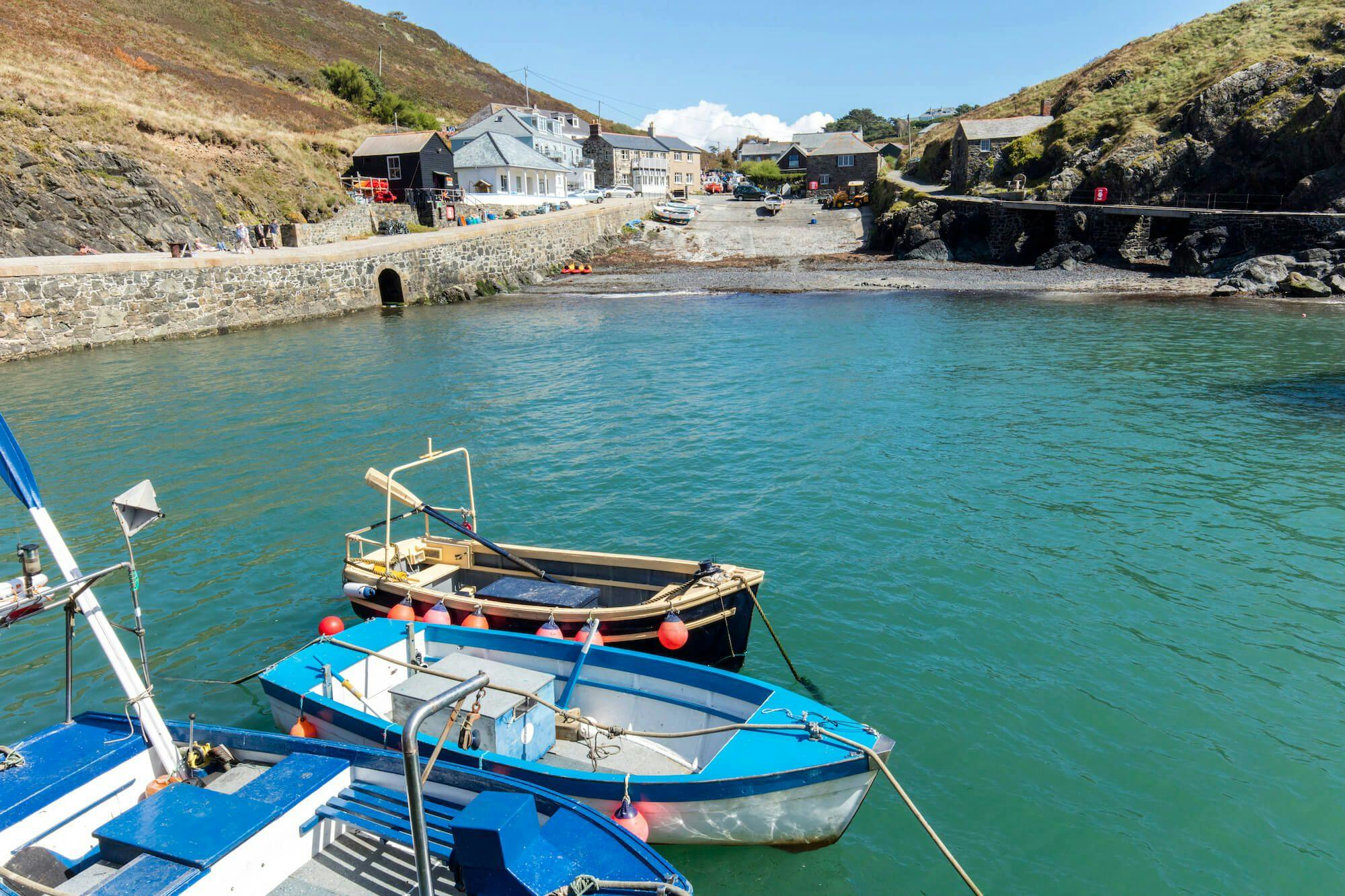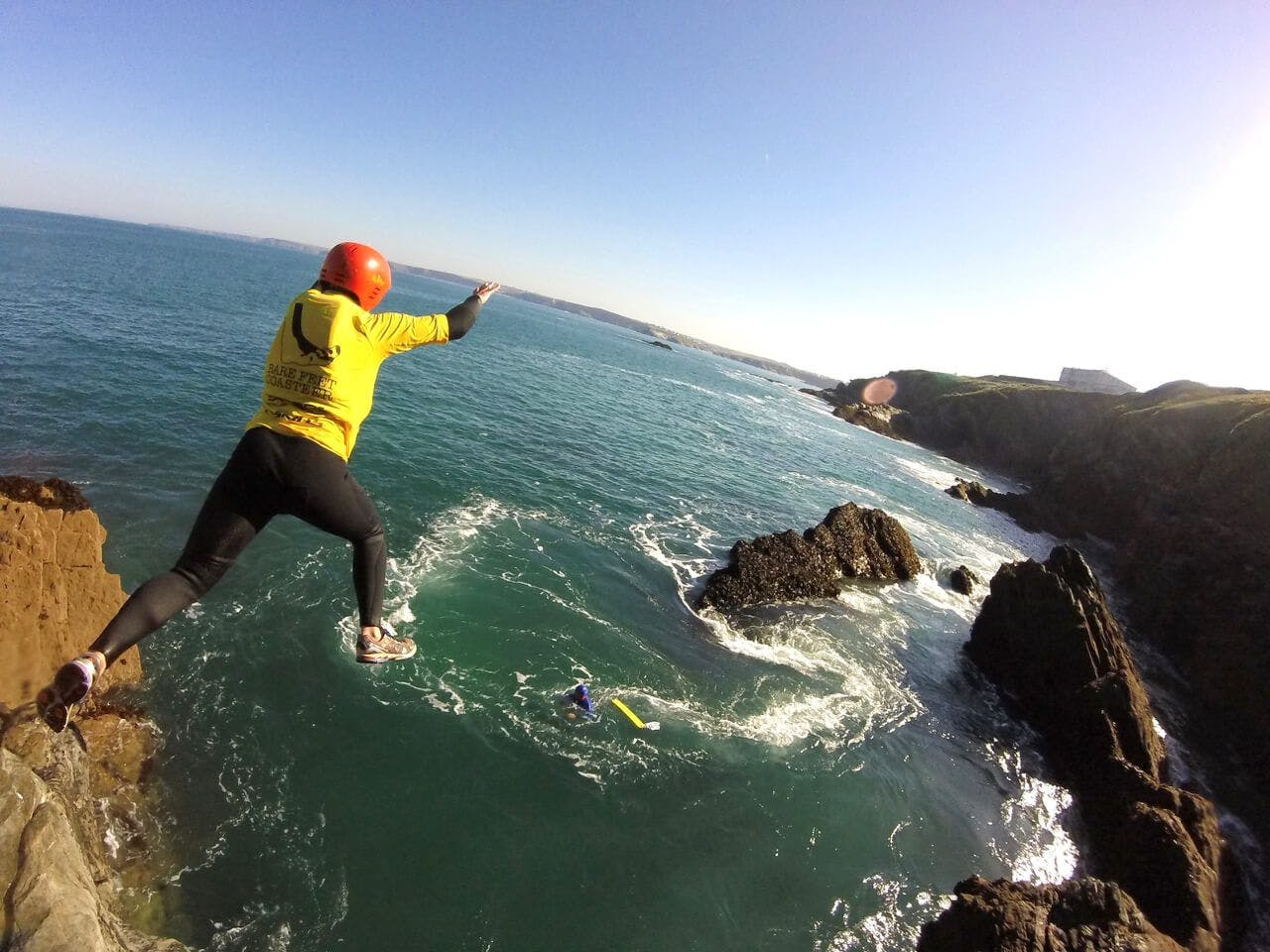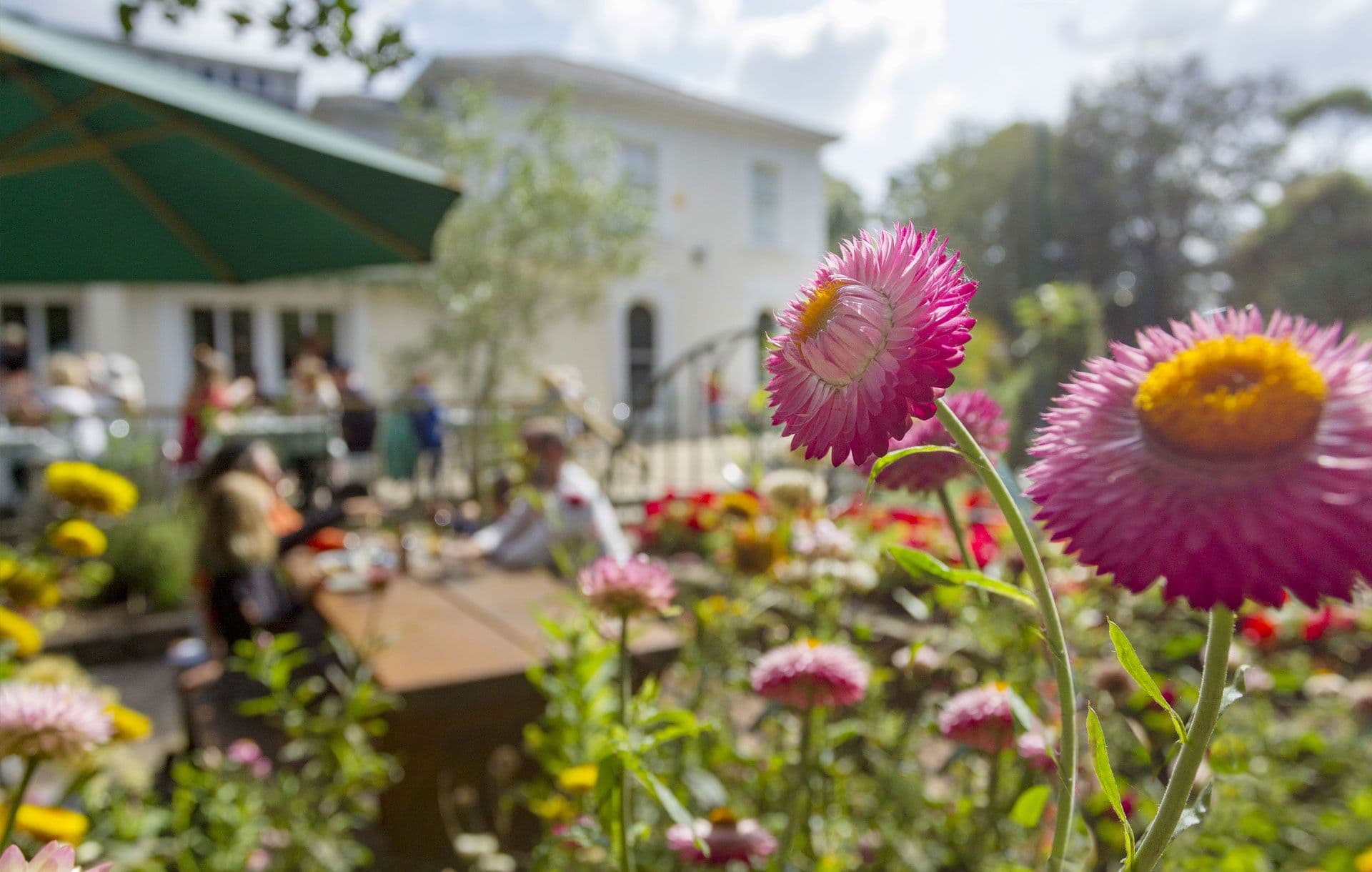How to safely do a Beach Clean
The highest point on a beach the tide reaches is called the strandline. This is where the waves deposit items such a seaweed, natural debris, stranded marine life and, unfortunately, plastics.
Several strandlines can occur on every beach, due to changes in the height and power of tides.
When you are doing a ‘solo beach clean’, you do so at your own risk – so stay safe! Be careful of slippery, seaweed-covered rocks.
Supervise children and make sure they don’t pick up sharp items, animal faeces or dead animals.
Make sure children do not go to the water’s edge or climb on cliffs.
Always plan an escape route if you are working under cliffs and be wary of rock falls.
Make sure someone knows where you are going and when you will be back.
Be aware of the tide times and do not allow yourself to become cut off by the tide – use an online tracking tool such as www.tide-forecast.com
Wear protective gloves, use a litter picker, carry hand sanitiser and always wash your hands afterwards.
Old needles and syringes must be handled carefully and disposed of properly – store in a sharps box if possible and take to a Doctor’s surgery or hospital for disposal.
Do not pick up anything organic, as it is important for the shoreline wildlife – e.g. seaweed on the beach is a habitat for small invertebrates.
If you find a seabird or marine mammal stranded on the beach, please report it. In the UK, contact the Marine Strandings Network on 0345 2012 626.
If the animal is still alive, please report it to the British Divers Marine Life Rescue on 01825 765546.
If you find ordnance (old shells or bullets), call the Coastguard immediately by dialling 999.
If you find what you suspect to be dangerous chemicals or substances, leave them alone and call the Coastguard immediately by dialling 999.
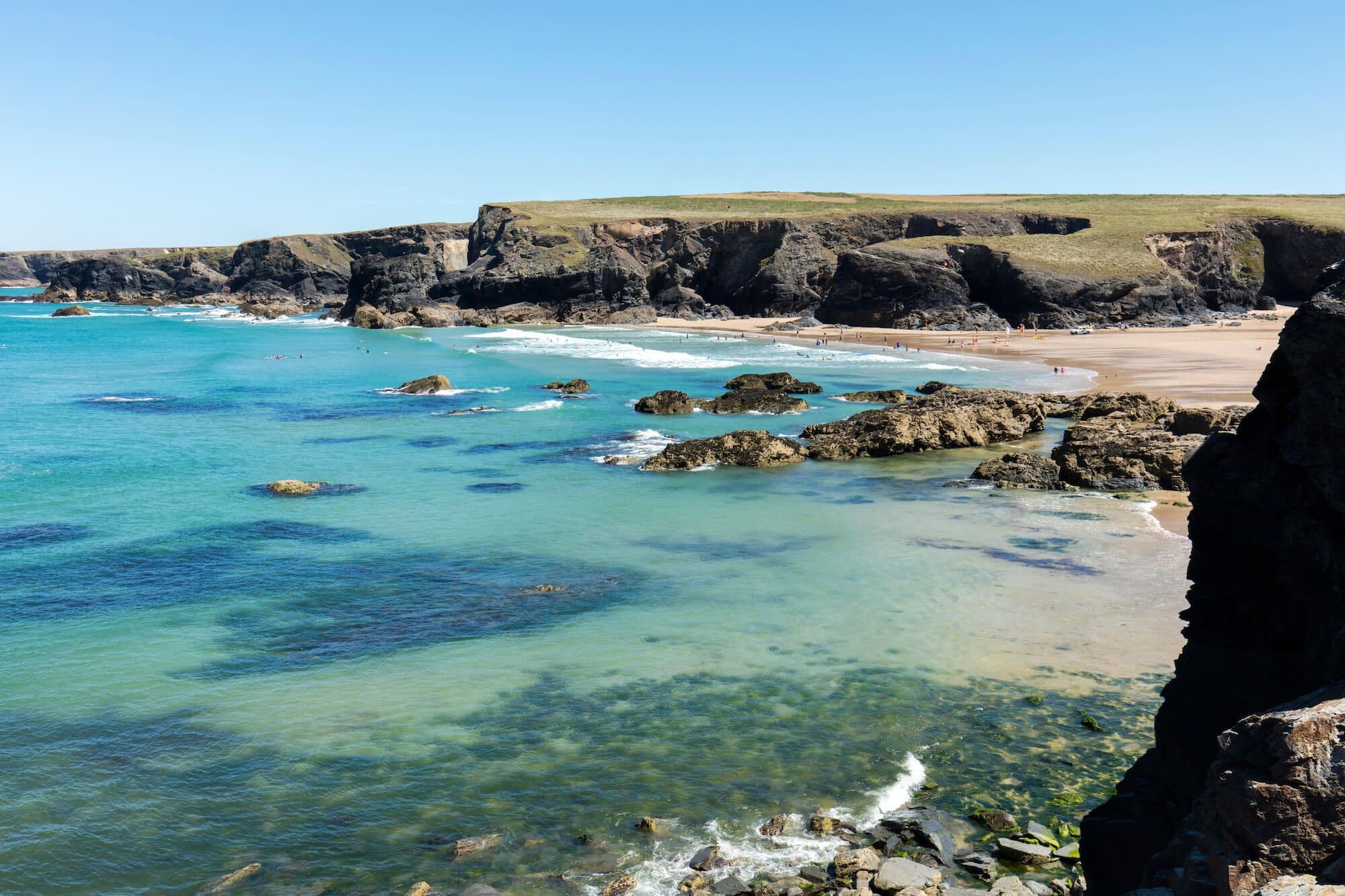
Your weekly dose of Cornish cheer!
When you can’t be in your favourite place all the time, catch up on the latest stories, upcoming events, holiday ideas, and offers with a newsletter straight to your inbox. Terms and Conditions / GDPR compliance: by providing personally identifiable information Visit Cornwall will use it to provide you with ongoing information about their products and services. No one from Visit Cornwall will rent, sell or lease this personally identifiable information to other companies or individuals.
Stay connected
Find us on socials and stay connected with the Cornwall you love.
We use cookies to personalise content and ads and to analyse our traffic. You consent to our cookies if you continue to use our website. (Privacy Policy)
